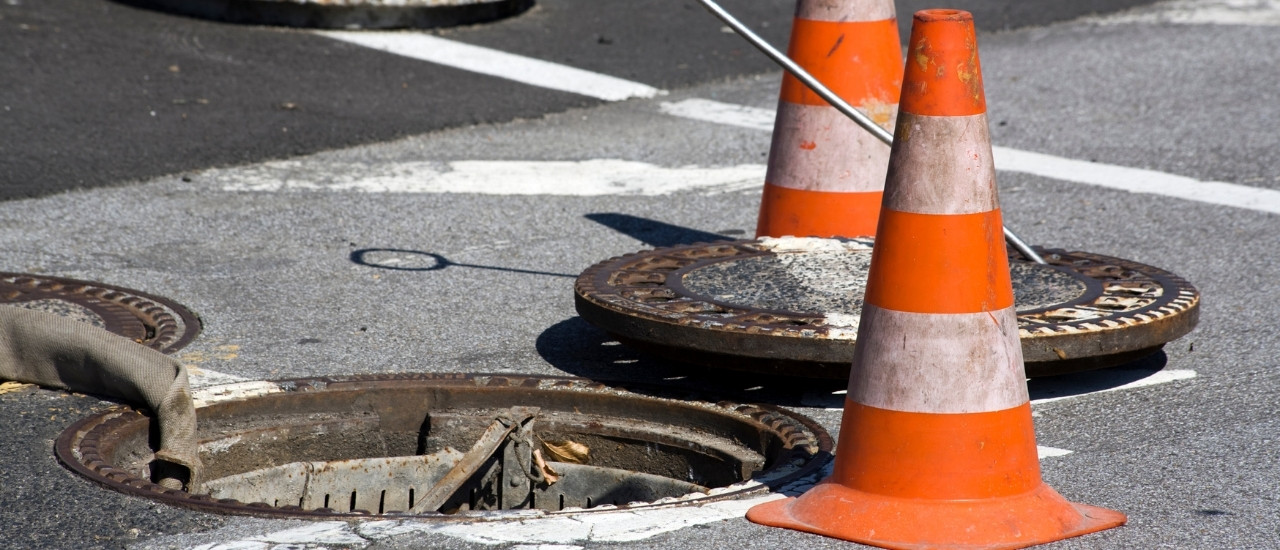
How to Prevent a Sewer Back up
Flooding is a homeowner’s worst nightmare. Whether from a heavy downpour of back up sewers, there’s a lot of damages caused. Water damages anything it comes across; walls, floors, electrical appliances, and furniture. Homeowners manage the sewer lateral and should take proper maintenance mechanisms to keep it working effectively. Sewer back up is an avoidable menace. There are, however, sewer back up insurance covers at affordable premiums if you suspect or you aren’t sure about your sewer line condition.
What Is A Sewer Back up?
There are many inlet waterlines and outlet sewer lines in your home or office, especially the basement. Wastewater lines remove used water in washing machines, bathtubs, toilets, showers and kitchen sinks to the central sewerage system. Somethings might happen and block the normal flow of wastewater; thus, the sewerage waste starts going back to your house. The thick black water is hazardous to family health. It contains viruses and fatal contaminants that possess severe illness in humans and animals.
It’s easier to know how to prevent sewer back up in basement once you know what causes it in the first place. Sewer back results in mold growth, contamination and all forms of water damage. The cleanup process is extensive and very expensive. Should this happen to you, call professional sewer back up experts at KBS maintenance to save your day.
Causes of a Sewer Back up
Clogged Sewer Lines
We typically don’t see drain and wastewater pipes as an essential part of the house until a sewer back up happens. Treating your drain system as a garbage can is wrong. Most drains clog because people threw wrong things in. Flushable wipes, food waste, polythene papers and hair refuse should land on a compost pit, not a sewerage system. They clog the sewer drain and eventually causing a sewer line back up.
Tree Roots
Roots travel very far and deep from the trees in search of moisture. Roots can cause sewer back up even though you have none in your backyard. A tree root will grow towards your sewer line and block the pipe. They also cause the sewer line to crack as they try to maneuver through the pipe joint. The effects elapse after the root grows larger. The only option in this incident is cutting the root and replace the affected piece of sewer pipe to ensure the connection is tight to avoid waste spills. The tree blame falls on the tree owner, whether private or local council trees. In such a case, courts split the cost between the city and the property owner.
Collapsed or Cracked Sewer Lines
Home sewer lines main construction materials are Orangeburg, clay of PVC materials, depending on the age. The materials are long-lasting but not immortal. PVC is the most preferred piping material and can go for over 100 years. Clay and Orangeburg, on the other hand, goes between 30 to 60 years. The pipes can crack unexpectedly and cause severe home and environmental damage.
Gutter, Sump Pumps and Downspouts Routed Into SewerCity Sewer Back up
All home sewer systems connect to a primary city sewer system which directs the refuse to a common point. City sewers could face similar problems to yours, only that you are not the only one affected. Clogged sewers affect several houses on your street.
Preventing Sewer Back up
The above factors and even much more causes sewer back up. While some sewer back ups are out of your control, you can take specific preventative measures to prevent those you can control.
Proper grease disposal. Oil and fats should be put in heat resistant containers and disposed of in a pit after cooling, not the drain. Washing grease and fats with hot water down the drain is still not practical. Once the grease cools off, it piles up and clogs the drain.
Dispose of paper products in the right way. Disposable paper towels, diapers and feminine sanitary products are the most significant causes of trouble on the man city sewerage system. They should be gotten rid of in proper channels or buried.
Disconnect illegal plumb lines. Sump pumps and gutters directing debris to the sewerage system may cause a sewer back up. A professional plumber should help correct illegal plumbing.
Backwater prevention valve installation. Home or business owners should install a backwater prevention valve in the main sewer line and the individual drain. The valve helps single out a particular sewer back up issue. Once installed, it allows water to go out and never come back.
Regular sewer inspection. Residential and commercial sewer systems and plumbing systems might not be your key area of interest. Hire skilled professionals to check your sewer system and provide recommendations to avoid sewer back ups.
Warning signs. For an office setup, place warning signs on water points to warn employees not to trash down unnecessary items in the drain.
Consider replacing the piping system with plastic piping. Tree roots tend to go over plastic piping. They are too hard to breakthrough. Plastic pipes will at least give you a surety of roots protection.
Most commercial property insurance covers exclude sewer back ups. It means the insurance policy cannot compensate for the loss incurred from water back up. Check out for exemplary insurance service offers endorsements that tend to cover sewer back up losses and business interruptions. There are, however, several exclusions in the endorsements.
Poor maintenance and improper handling of the situation might null the cover. Make sure to apply maximum preventative measures for sewer back ups through you have a ready sewer back up insurance policy.
Contact sewer back up restoration services immediately in case of unexpected sewer back in your business or home setup. KBS maintenance offers emergency restoration services and promptly opens up your home or business premises.